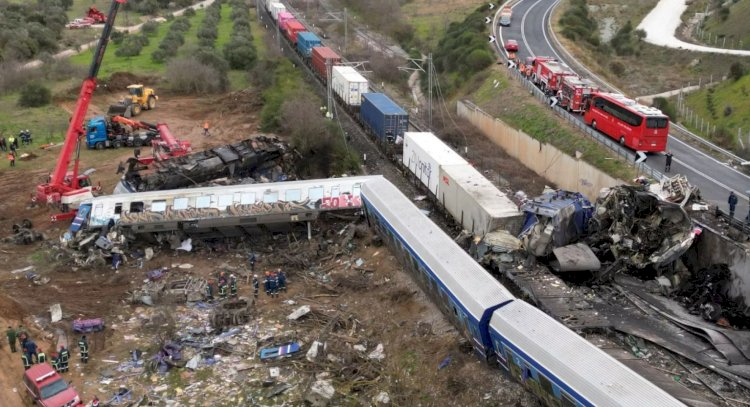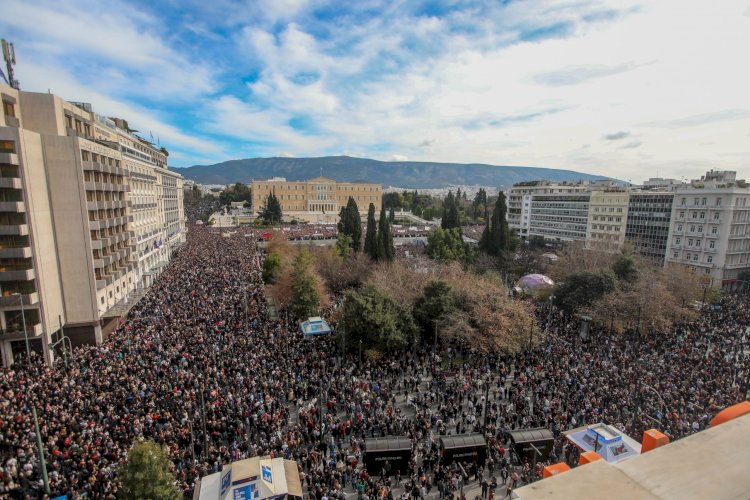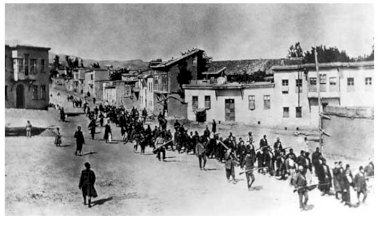Greece to Strike for Justice on February 28

Two years after the Tempe train crash that claimed 57 lives, the Greek working class has gone on strike in protest of transportation privatization and the underfunding of safety measures. The General Confederation of Greek Workers (GSEE), ADEDY—the umbrella union for Greek public employees—and the Panhellenic Maritime Federation (PNO), which represents workers across all shipping sectors, have announced a 24-hour strike on February 28, marking the second anniversary of the tragedy.
One of the main reasons for the ongoing protests and the strike is the official handling of the disaster. Public anger and social tension are high over delays in the inquiry and allegations of a cover-up that the government strongly denies. Some have alleged the freight train had been carrying dangerous chemicals that ignited, producing an intense fire that killed many of the victims.

Sunday 26 January 2025. called by the relatives of the victims, they demanded an immediate investigation into the explosion of the illegal chemical cargo and the fire that burned alive 30 people who had survived the fatal collision.
On January 26, 2025, the protests held were the largest demonstration in Greece in over 10 years, with protests taking place in more than 100 cities across the country. The protests followed the local media’s broadcast of a chilling new audio recording claiming that dozens of people might have died in the fire that broke out after Greece's worst railway disaster. It was previously believed that all the victims of the February 2023 collision had died in the accident. While the collision sparked mass protests throughout Greece, many argued that it demonstrated that the railway network had been neglected for years following a decade-long financial crisis.
Widespread strikes disrupted train and ferry services in demonstrations deliberately set to mark the first anniversary of a fatal rail accident. In Athens, public transport was heavily affected as unions demanded the further removal of wage controls imposed during the 2010–2018 financial crisis. Farmers and university students have recently taken to the streets in anti-government protests. Meanwhile, taxis, trains, air traffic, ferries, metro services, and buses are scheduled to strike for durations ranging from 24 to 48 hours on February 28.
The strike in Greece is not solely a demand for the prosecution of those responsible for the train disaster; it also protests against privatization, poor safety issues, and the impoverishment caused by austerity measures imposed on the public after the 2008 crisis. Public anger towards the government has grown even stronger following the revelation of a chemical transportation scandal during the train disaster investigation.



































